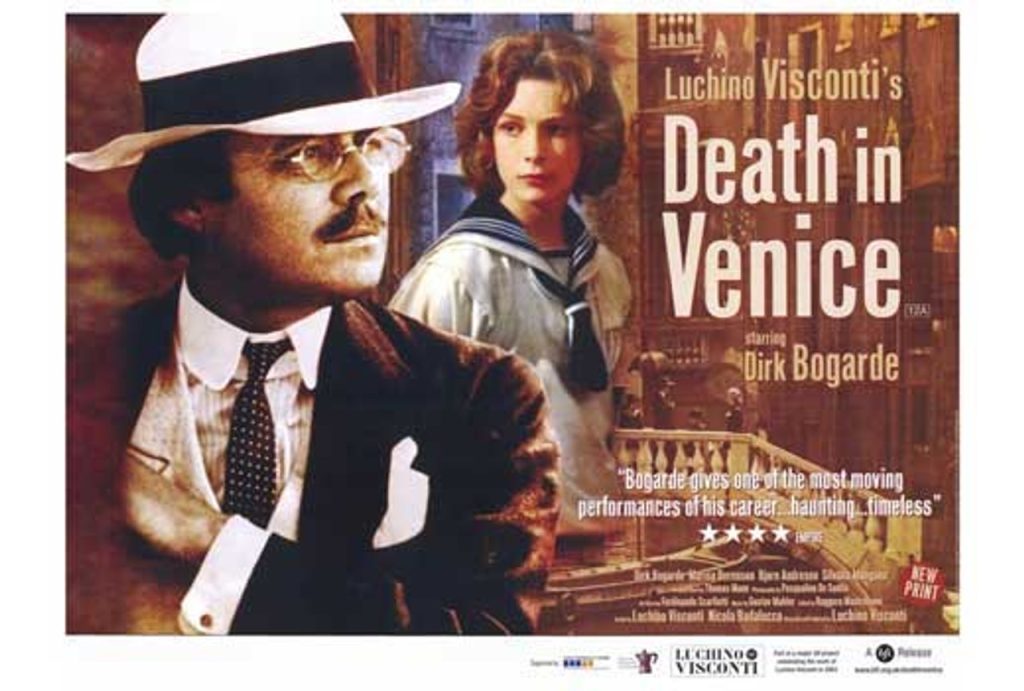After making his name with the gritty interwar drama Peaky Blinders, British screenwriter Steven Knight moves 50 years ahead to early 1980s England with This Town. Set against the backdrop of the working-class West Midlands during the Thatcher era, the miniseries depicts a group of misfit youths who break from the violence of their communities and families of origin to make music in derelict nightclubs and forge new found-family bonds.
The young protagonists in This Town find solace in the burgeoning two-tone music scene that was popularized in Birmingham and Coventry. Bands like Madness and the Specials performed bright, syncopated singles that contrasted with the apocalyptic three-chord songs by their contemporaries in the punk scene, and that influenced the modern rock scene in 1980s America. Producer Marc Robinson has stated that “music is at the heart of the series.” Contemporary viewers who missed the rise of the British ska scene might want to check out Dance Craze, a concert documentary that features many of the first-wave ska bands in their live element.
According to Joe Dunton, who is credited with “visual concept and photography,” director Joe Massot made the film at the suggestion of his son, who had seen ska and rocksteady bands while he was at college and told his father “You have got to make a film of these bands.” At the time, Massot was known for two films that engaged with the London music scene: the psychedelic feature film Wonderwall, which featured Jane Birkin and later inspired the Oasis song, and the posh, hallucinatory Led Zeppelin concert film The Song Remains the Same.
Dance Craze represented a continuation and a contrast with Massot’s previous work. Like The Song Remains the Same, Dance Craze is what Dunton would describe as “a third-row film” that put viewers in the thick of the concert and made them feel like they were there. Unlike the Led Zeppelin concert film, however, the kids in bands like Madness and the Specials were living with greater financial instability. Songs like The Selecter’s “Three-Minute Hero” and “Too Much Too Young” by The Specials depict the dire financial state of the West Midlands, which at the time was less than two decades removed from the decline of the British auto industry. This was a far cry from the palatial homes and antique cars that popped up in the narrative scenes from The Song Remains the Same. Massot’s use of available light and grainy 16mm footage gives the film a grimier look that contrasts with the lush visuals of the Zeppelin concert movie.

As compared with the alternative genres gaining popularity at the same time, ska’s was deemed a narrower aesthetic. While the brassy riffs and offbeat rhythms in these songs can get monotonous by the end, some of the bands find ways to push at the limitations of the genre. Rhoda Dakar’s soulful vocal turn on “007 (Shanty Town)” finds the connection between ska and 1960s girl group bands like the Dixie Cups or the Shirelles. Madness’ arrangement of the main theme from “Swan Lake” shows how ska and rocksteady could take something as improbable as an overture from a ballet and recast it for the genre. Masson and editors Ben Rayner and Anthony Sloman extend Madness’s irreverent sense of humor by intercutting close-ups of vocalist Suggs’ fleet-footed skanking with archival footage of a more standard ballet performance of Swan Lake.
The editing extends this subversive sensibility into a series of interstitial skits woven throughout the live performances. Unlike the footage in The Song Remains the Same of Robert Plant at home, these come from 1950s and ‘60s newsreels of teenagers competing at racially integrated dance contests. The droll narration and stodgy parental commentary about teenagers’ loud music and late nights served as a message both to the parents of young ska fans to let their kids be young, and as a warning to these fans that someday they would have the same concerns about their children.
Audiences in 2024 are almost as far from the rise of ska and 2-tone music as the final season of Peaky Blinders was from the 1981 release date of Dance Craze. In some ways it feels like time has barely passed. The polarizing political climate and violence towards immigrant families that pops up in the trailer for This Town bears a passing resemblance to the kind of news footage you see on social media. Singles by bands like the Specials and Madness had a kind of pragmatic optimism, and the multiracial bands and their fans spoke to a kind of hope against the casual racism of the Margaret Thatcher era. If the time is right for a ska revival, maybe the electrifying performances in Dance Craze will find an enthusiastic new audience.



